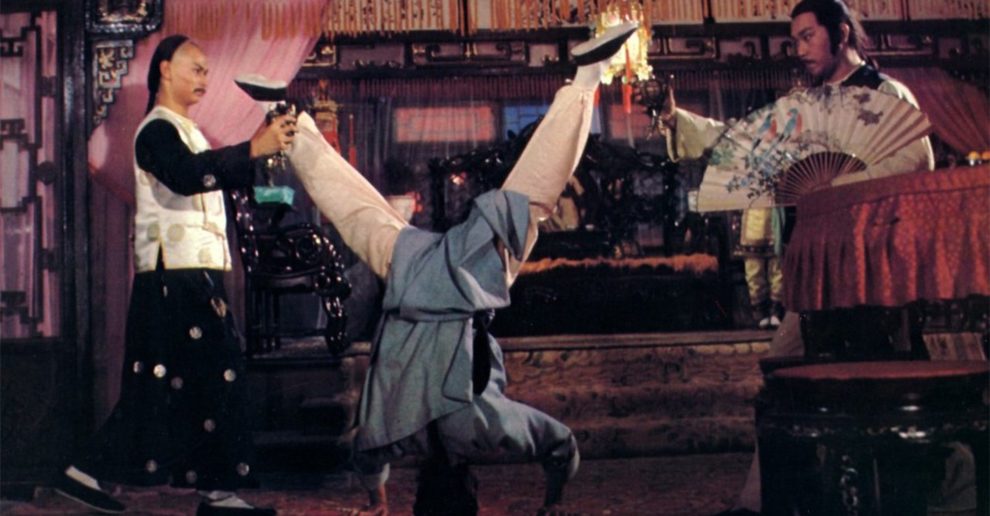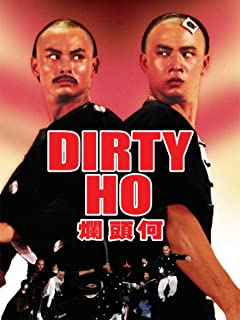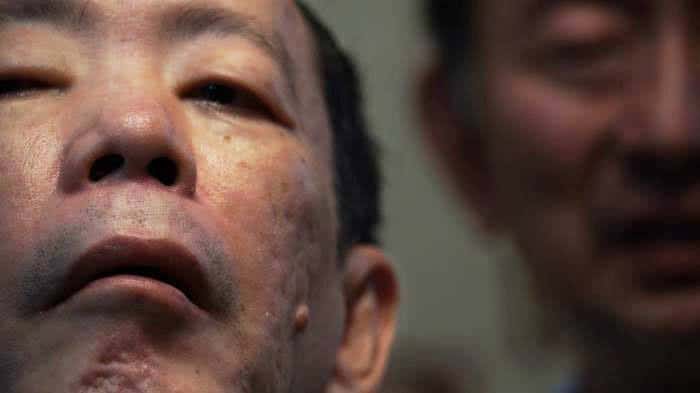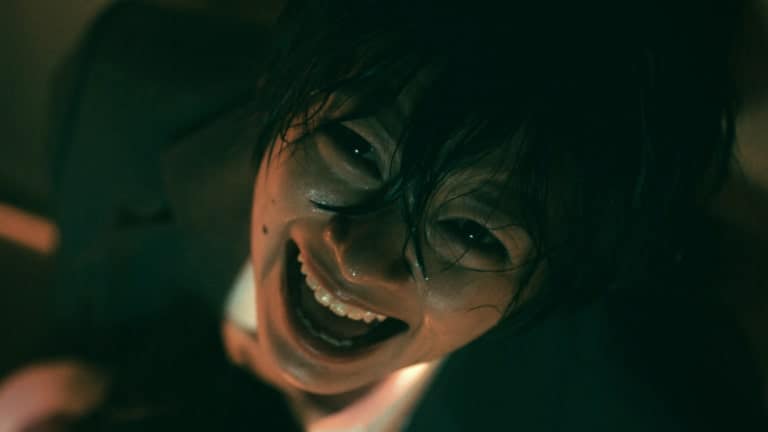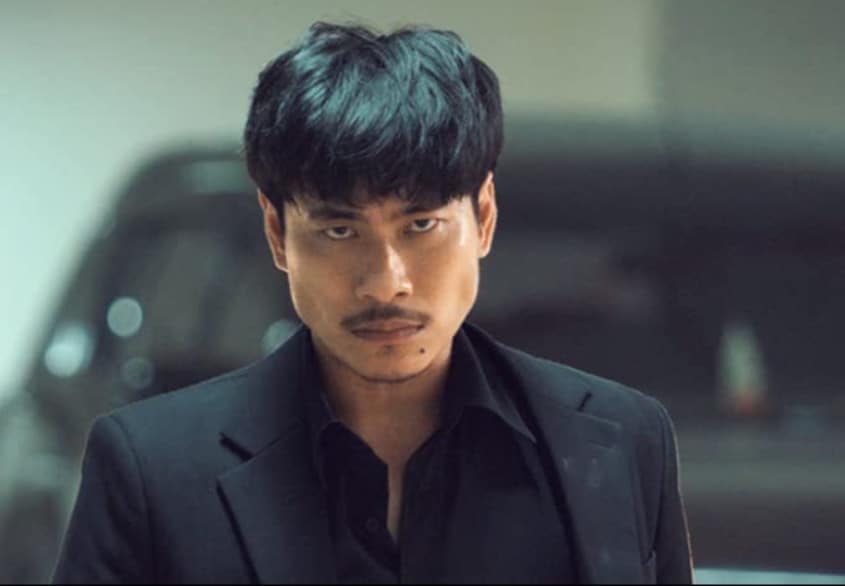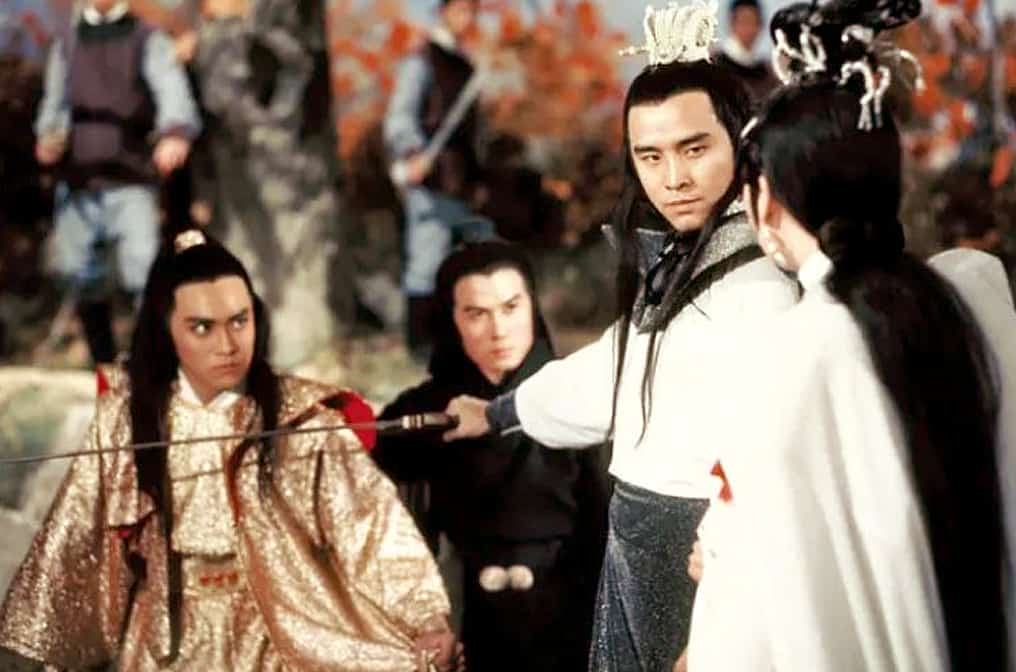Reuniting Gordon Liu with Wong Yue and Lau Kar-leung after “The 36th Chamber of Shaolin”, “Dirty Ho” is considered one of the best martial arts comedies Shaw Brothers ever produced, while also managing to stray away from the revenge plot the company's movies usually featured and to present a Manchu character as the hero, instead of a villain.
Watch This Title
In Guangzhou, a jewel thief named Ho enters a “competition” of who will give the most gifts to a number of courtesans residing in a boat brothel, with Wang, a man who poses as a travelling antiques dealer from Peking. Dirty Ho, as is his nickname, soon finds himself out of his depth on numerous occasions, both in terms of riches and martial arts. Ending up poisoned by a hit in the head, the young man finds himself having to obey and train under Wang in order to receive the antidote, not realizing that Wang is actually the 11th prince of Manchuria in disguise, in a search of finding which of the other princes is after him.
Lau Kar-leung directs a movie whose narrative is mostly based on the concept of Dirty Ho's ignorance and Wang's cunningness, which results in a number of rather hilarious sequences, at least for the largest part of the film. The way Wang manages to fend off and essentially punish Ho without him realizing is excellent in its presentation, benefiting the most by Gordon Liu's almost constant smile and Wong Yue's constant frustration, respectively. The scene also involving Kara Hui functioning as the former's puppet, severely beating the former without actually doing anything is the apogee of this tendency, and one of the greatest moments of the film.
While comedy takes the largest part of the narrative, as time passes and the true identity of Wang is revealed along with the enemies after him, the fights become more brutal, and essentially more intricate, highlighting the abilities of both protagonists but also of the rest of the crew. Particularly the scenes with the wine merchant, the rather brutal one that follows, the training and the final one are quite impressive, additionally highlighting the excellent job by both Liu Chia-liang in the stunt coordination and Lau Kar-leung in directing the action.
At the same time, the scenes with the Seven Tigresses allow the movie to retain its comedic premises.
The context is also unusually rich for a Shaw Brothers action movie. Starting with the differences mentioned in the prologue and continuing with the “advertising” of the wines of Guangzhou and the comments about art before ending with the presentation of the lives of courtesans, the film seems almost uncannily rich in context for its genre. Of course, these comments are essentially lost inside all the action and comedy, but to the more observant spectator, actually add to its quality.
The tendency of Shaw Brothers' productions to include lavish set design continues here also, with the film being an extravaganza of maximalist scenery and intense colors. The result, particularly in the scenes where the sets become part of the action, are quite impressive, highlighting Johnson Tao's overall work in the art direction. The way the action proceeds, both in terms of space and pace, with Chiang Hsing-lung and Li Yen-hai's editing inducing the movie with a rather fast pace, essentially demands from the cinematographers to be stuntmen themselves on occasion, particularly in the various scenes in the cramped boats. Ao Chih Chun and Arthur Wong do a great job in the department, highlighting all the above elements in the best fashion.
“Dirty Ho” does not reach the levels of the top productions of both Lau Kar-leung and Shaw Brothers, but remains a very entertaining as much as well-shot film that has actually aged nicely.


